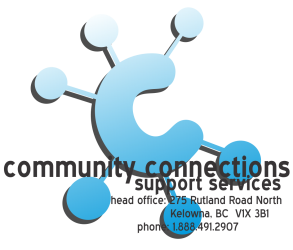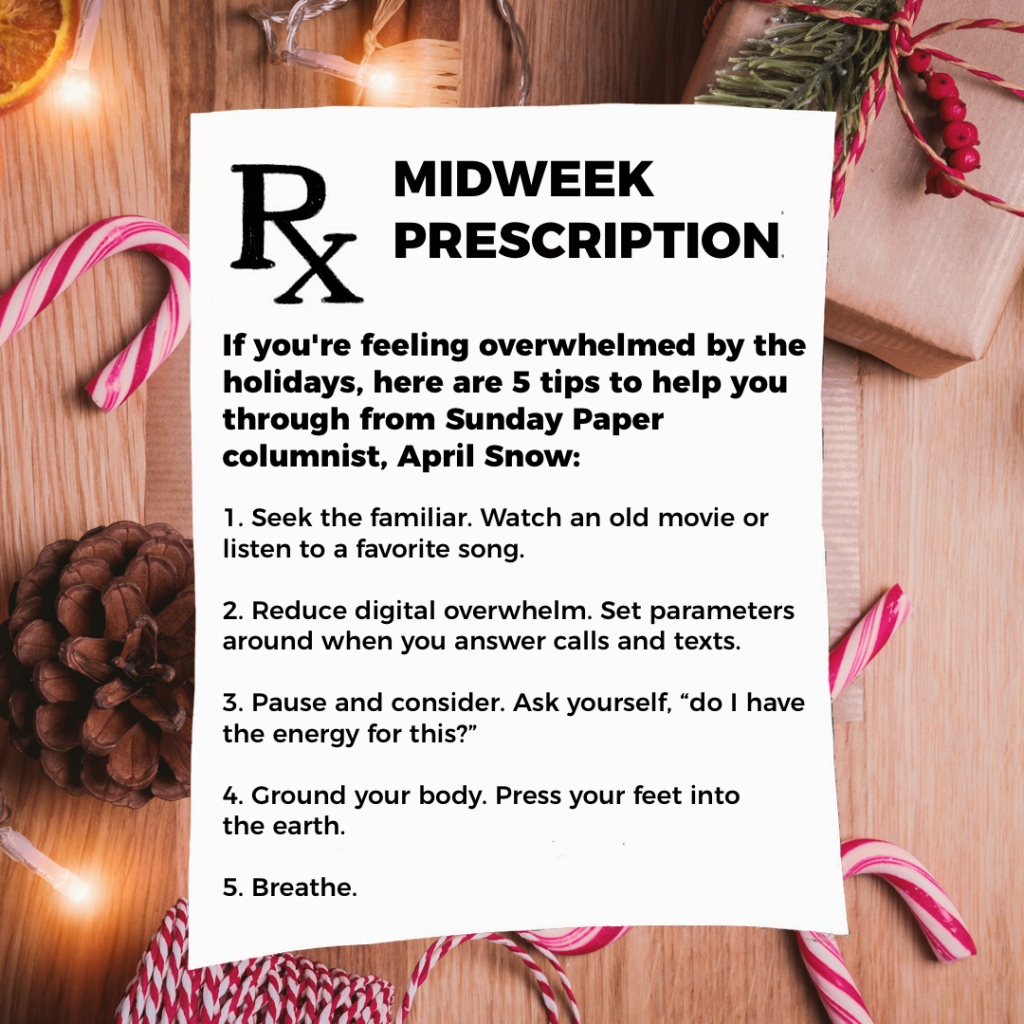Hey everyone, applications for the BC Recovery Benefit open tomorrow (Dec 18) – check out more info here to see details in the news release.
UPDATE: here is the direct link to where you can determine eligibility and apply.


Community Connections Support Services' Home on the Web
Hey everyone, applications for the BC Recovery Benefit open tomorrow (Dec 18) – check out more info here to see details in the news release.
UPDATE: here is the direct link to where you can determine eligibility and apply.
Hey everyone, posAbilities is offering free, online (Zoom) LINK Healthy Relationships training in the South Okanagan area this Winter. The LINK! curriculum provides relevant sexual health information and focuses on a variety of topics including:
Check out the attached info and contact them to register online!
Check out this website for Kootenay weather and travel info, and remember to drive safe this winter. Thanks for sharing, Jackie!
Hey everyone, check out the upcoming online training opportunities from Pivot Point for January, February and March 2021, including:
To learn more and register, go to: www.pivotpoint.ca/calendar
As the snow starts to fall, we are headed into Avalanche season! Thanks to Jackie for passing along this article about avalanche safety – be “avvy savvy” this year!

The latest news from the Family Support Institute of BC is here, check it out.

Here’s a link to an online game that gives lots of information that helps to keep people safe during the pandemic. Check it out here and play along.
Stay safe!
As it says in this fantastic blog post, “Mental health is health, and it matters.” The holidays can be a very difficult time of year for many people; especially this year, with the added stress of COVID-19. Reach out for help if you need to. Here is a list of resources from HealthLink BC. There is also this webpage of resources focused on dual diagnosis (i.e. developmental disability and mental health).
